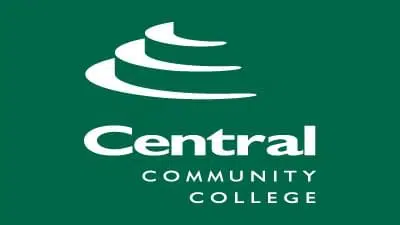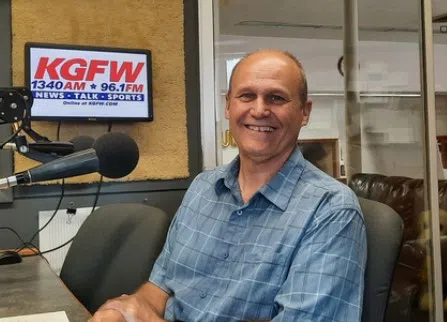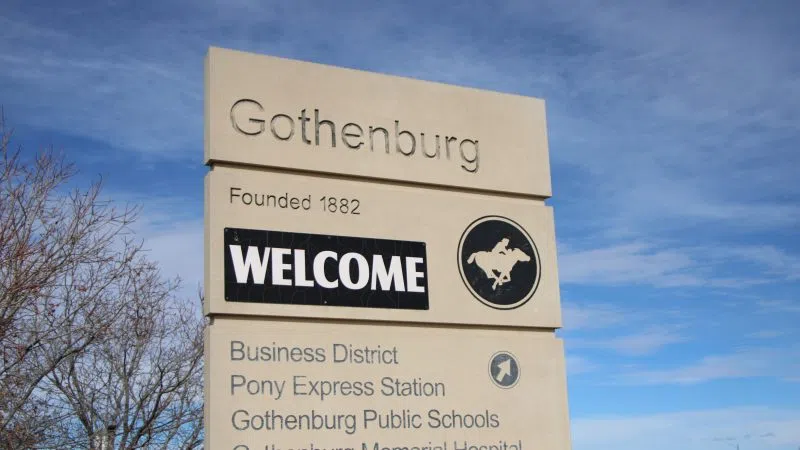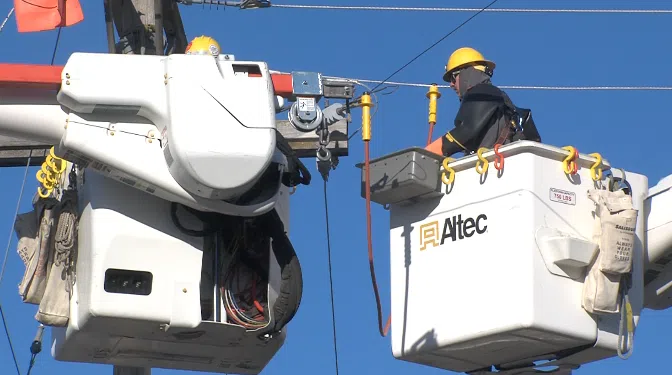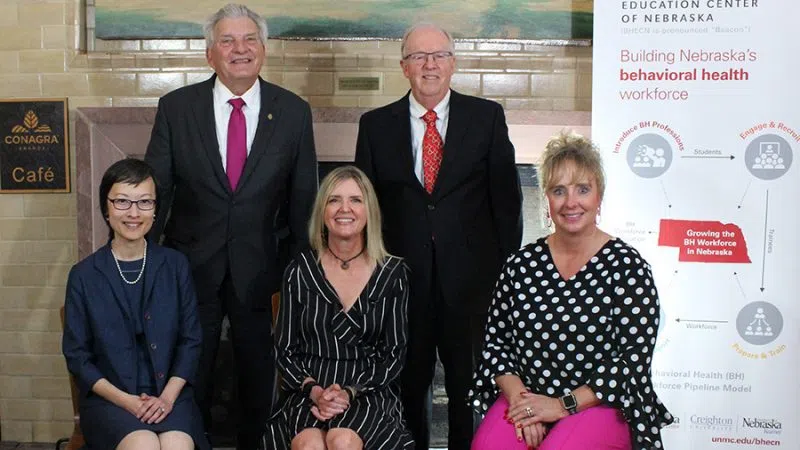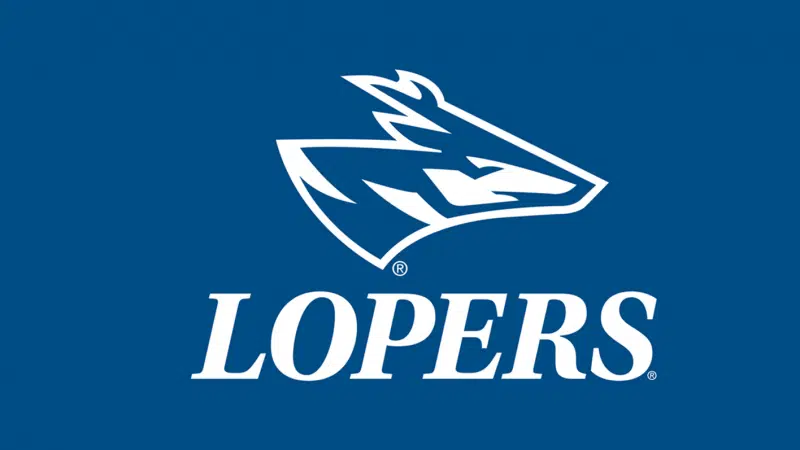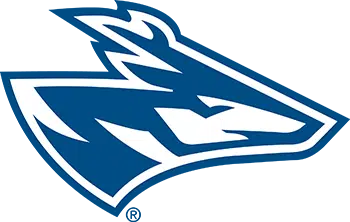NEBRASKA – South Central College (SCC) in Minnesota, in partnership with Central Community College (CCC) in Nebraska, has received a $1,294,579 Advanced Technological Education Program Grant from the National Science Foundation (NSF). The two colleges will leverage the grant funding to implement the next phase of the mechatronics distance learning model called iMEC developed by SCC in 2013. This phase will bring mechatronics education to rural high school students through partnerships with area school districts and businesses.
SCC with campuses in Faribault and North Mankato provides mechatronics education to a 12 county area of south central Minnesota with a population of 395,055. CCC with three main campuses in Columbus, Grand Island and Hastings, Neb., along with four centers, offers programs in mechatronics and process instrumentation and control technology (PIC) to a 25 county area of central Nebraska with a population of more than 300,000.
“We are appreciative to the National Science Foundation for awarding this prestigious grant to South Central College and our partner Central Community College,” said South Central College President Annette Parker. “I am also extremely proud of our mechatronics team who in coordination with industry partners and area high schools is extending their expertise to create accessible learning for high school students and a pathway to a rewarding career.”
“Central Community College is very pleased to be part of another innovative NSF grant to provide opportunities for students seeking high wage and high skill careers in the Midwest,” said CCC President Matt Gotschall. “These mechatronic careers are essential and in high demand by many area employers.”
With the new NSF grant, SCC and CCC will launch the next generation iMEC 2.0. Building upon the previous grants, the colleges will work together to bring iMEC 2.0 to rural high school students.
“Our vision is to bring mechatronics not only to students who already know they are interested in automation and robotics, but more importantly to those who may not even know this is a career possibility,” said Doug Laven, the SCC mechatronics instructor who developed iMEC and again serves as SCC’s NSF Principle Investigator for this new grant. “This is going to make a real difference in the lives of these students.”
“This is a great opportunity to engage and expose teachers and students to mechatronics and instrumentation careers which are in high demand and pay very well,” said Doug Pauley, CCC associate dean of training development. “It is exciting to see the incorporation of components that were successful in previous CCC grants, such as the business mentors, equipment and tuition sponsorships and the development of the business and industry leadership team.”
The grant is centered around a ‘Training-the-Trainer’ format that will engage faculty from both SCC and CCC to assist High School Tech Ed and STEM faculty to help deliver course content. Students will remotely take 12 credits while still in high school to earn their iMEC 2.0 certificate. From there they can enter the workforce or continue toward a mechatronics associate of applied science degree.
The grant includes developing partnerships with industry. “Our original mechatronics program was established in direct collaboration with members of industry who have been extremely supportive over the years,” said Laven. “This new grant will provide further opportunities for our dedicated businesses to get involved in the education of their future employees.”
iMEC 2.0 integrates both Minnesota and Nebraska businesses representing energy, biofuels, food processing, and manufacturing with secondary and college science, technology, engineering, and mathematics (STEM) educators and their students. This project features educator professional development activities with business mentors, year-long school-business relationships and a mechatronics dual credit pathway using instructional aides that will enhance the learning experience.


